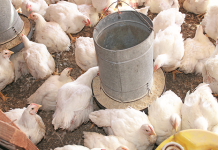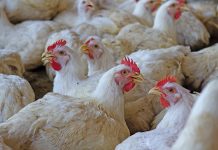Drive through many of South Africa’s townships and villages and you will see a sad sight: once-flourishing shops that are now used as shelters for goats and cattle.
During the past few years, many small retailers have closed down because conditions have become too difficult for them. Apparently, competition from supermarket chains, as well as soaring fuel prices, have proved overwhelming.
More recently, however, we’ve seen foreigners, especially Somalis and Pakistanis, take over many of these shut-down enterprises. Somehow, they are managing to operate in these same conditions and are still charging reasonable prices.
This has angered many locals, who accuse the foreigners of “stealing” jobs. In vicious xenophobic attacks, many of these people have been chased out of their shops in certain areas.
Are these accusations true? Have these foreigners really taken our jobs, or are they simply doing things right where we couldn’t? And if they are getting it right, what can shop owners – and emerging farmers – learn from them?
Unlike us, the Somalis and Pakistanis realise that going solo doesn’t work. Instead, they practice two simple co-operative principles. Firstly, they combine their money to buy merchandise. This gives them increased purchasing power by allowing them to negotiate lower prices.
Secondly, they cut out the middleman. A few representatives of the co-op go straight to the actual manufacturers to buy and collect stock. The merchandise is then taken to a central point, and everyone picks up their share. This eliminates storage fees, packers’ fees and transport costs.
This is how the MTKs and OVKs of this world came into being. And it’s exactly what emerging farmers need to do.
Typically, you’ll find 20 chicken or vegetable farmers in the same area, with each one using his or her own bakkie or hiring transport to buy feed or fertiliser at the co-op. Instead of coming together and negotiating directly with the manufacturer, they’d rather go solo and deal with the middleman.
The same applies to marketing produce. Instead of each selling 5 000 chickens and struggling to make enough profit, emerging farmers could band together and negotiate a contract at an abattoir. In this way, a ten-member group could supply the abattoir with 50 000 chickens.
Of course, it doesn’t help that government is placing unemployed individuals on one farm and making them form co-operatives, instead of taking productive small-scale farmers and helping them form co-ops!












